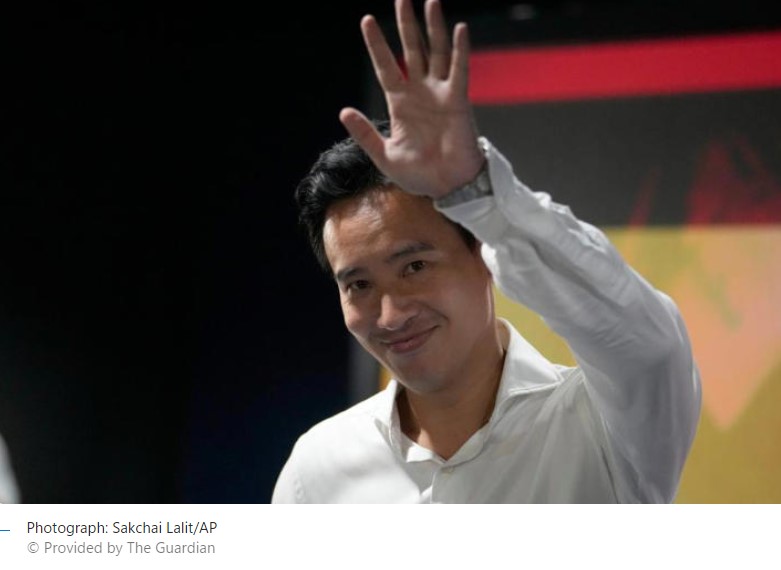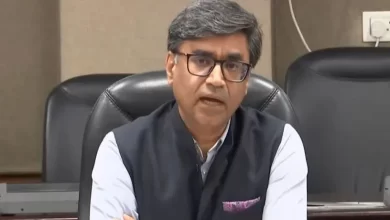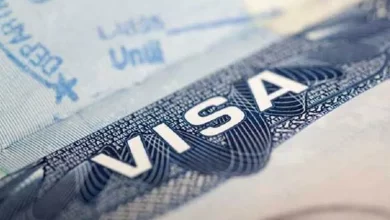Opposition parties take lead in Thai election

Opposition pro-democracy parties took the lead in an early vote count in Thailand’s national elections, which appeared to signal a firm rejection of the military-backed government that has ruled the country for almost a decade.
According to a preliminary count of more than 80% of the 95,000 polling stations, the progressive Move Forward party had a projected 114 of 400 constituency seats in the House of Representatives, while Pheu Thai had 112 constituency seats. Voters have two ballots, and so a further 100 party seats in the house ares allocated on a proportional representation basis.
The party of the incumbent, Prayuth Chan-ocha, a former army chief who first came to power in a coup in 2014, had a projected 25 constituency seats. A staunch royalist and conservative, Prayuth has run a strongly nationalistic election campaign, warning that opposition parties’ promised reform will bring chaos.
Move Forward, which has built a strong following among young people, appeared to have outperformed expectations. In early voting it was neck and neck with Pheu Thai, a party that has won the most seats in every election since 2001.
At the Move Forward headquarters in Bangkok, frequent cheers broke out as young supporters and MPs followed the results into the night.
Among their victories was Bang Bon, in Bangkok, which was previously held by Pheu Thai’s Wan Ubumrung, the son of one of the party’s powerful veteran politicians. According to unofficial results, Wan lost to 28-year-old Rukchanok Srinork, known as Ice, a former protester who won over the public by cycling around her constituency canvassing for votes. On social media, an image of her bike went viral, with the caption “This is a legend in the making, she rode a bicycle to fell an elephant.”
Younger generations have been drawn to Move Forward’s pledge to demilitarise politics and break up monopolies. It is also the only party to promise to reform the lese-majesty law, under which criticism of Thailand’s powerful monarchy can lead to 15 years in prison.
Sunday’s election is the first to be held after youth-led mass protests in 2020 shocked the establishment by calling not only for the removal of Prayuth, but also for the influence and wealth of the monarchy to be curbed – criticising an institution previously considered untouchable. Campaigning has featured unprecedented discussion of the lese-majesty law, a new fault line in Thai politics. “It’s the first time in history that every political party has to talk about their stance on this sensitive topic,” said Prajak Kongkirati, a political scientist at Thammasat University in Bangkok.
This year’s election is “not only a referendum on the military, but the whole establishment”, he said, citing the increased questioning of the royal family’s role in society. The vote, Prajak said, “will be a crucial step for Thailand to return to democracy”. But he added: “The path may not be smooth.”
Parties are competing for 500 seats in the House of Representatives on Sunday, but even if opposition parties do well, it is unclear what the next government will look like. A future prime minister will be voted on jointly by the elected lower house and the senate – the latter’s 250 members having been appointed by the military after the last coup.
Pheu Thai and Move Forward could potentially form an alliance – but this may be opposed by the senate.
“The electoral results can be predicted easily, but the government formation is very unpredictable,” said Siripan Nogsuan Sawasdee, a political scientist at Chulalongkorn University.







